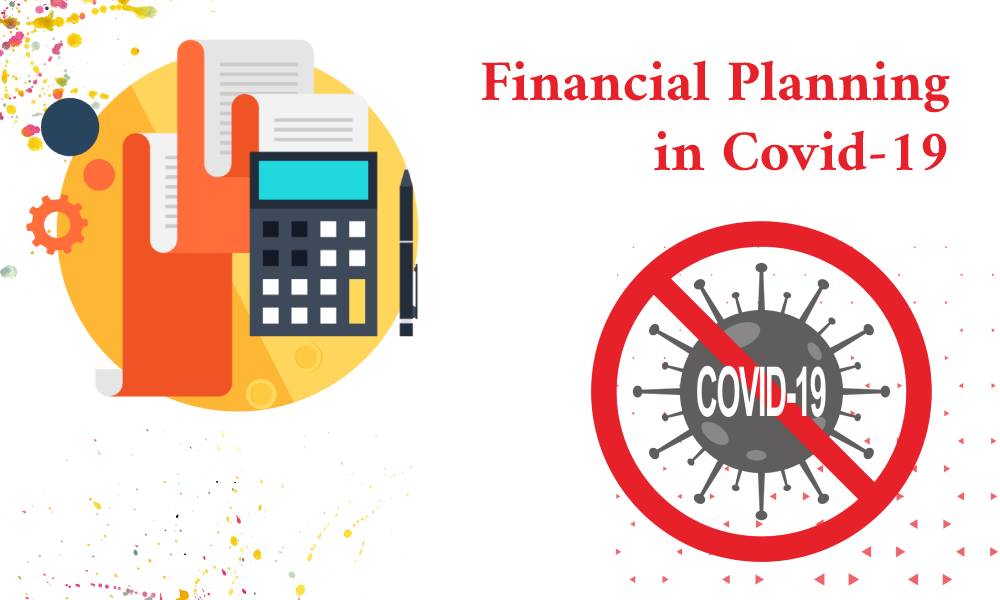Establishing an emergency fund is essential to long-term financial security. Aim for three to six months’ worth of living expenses when you first start by putting aside a percentage of your salary on a regular basis. This fund acts as a safety net for finances, offering a buffer in case of unforeseen circumstances like auto repairs, job loss, or medical problems.
In times of need, having an emergency fund keeps you from depending on loans or credit cards, which helps you avoid accruing debt. It provides comfort by lessening the tension brought on by monetary uncertainties. You can take care of pressing requirements without jeopardizing your long-term financial objectives if you have cash on hand.
Monitor your monthly expenses, make a distinction between necessary and non-essential expenses, and set aside a set amount for savings in order to accumulate this fund. To make your emergency fund less tempting to withdraw from for non-emergencies, think about opening a separate savings account for it.
Unexpected events, such abrupt unemployment or unanticipated medical expenditures, emphasise the value of having an emergency fund. Without it, people could find it difficult to pay for necessities and run the risk of being insecure in their finances.
To sum up, setting up an emergency fund is a wise and proactive financial move. It promotes stability and resilience in the face of unforeseen circumstances. Making consistent contributions to your emergency fund a priority helps you build a solid financial foundation that will enable you to face obstacles head-on.
Additionally, having an emergency fund gives you options and flexibility when you need them. Instead of being compelled to make snap judgements because of sudden financial pressure, it enables you to make selections based on what’s best for your long-term financial health. Having a financial cushion gives you the ability to proactively handle life’s challenges, whether that be through investing in skill development, seeking new work possibilities, or surviving economic downturns.






